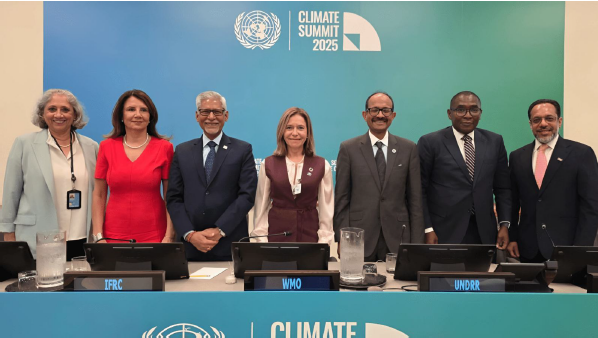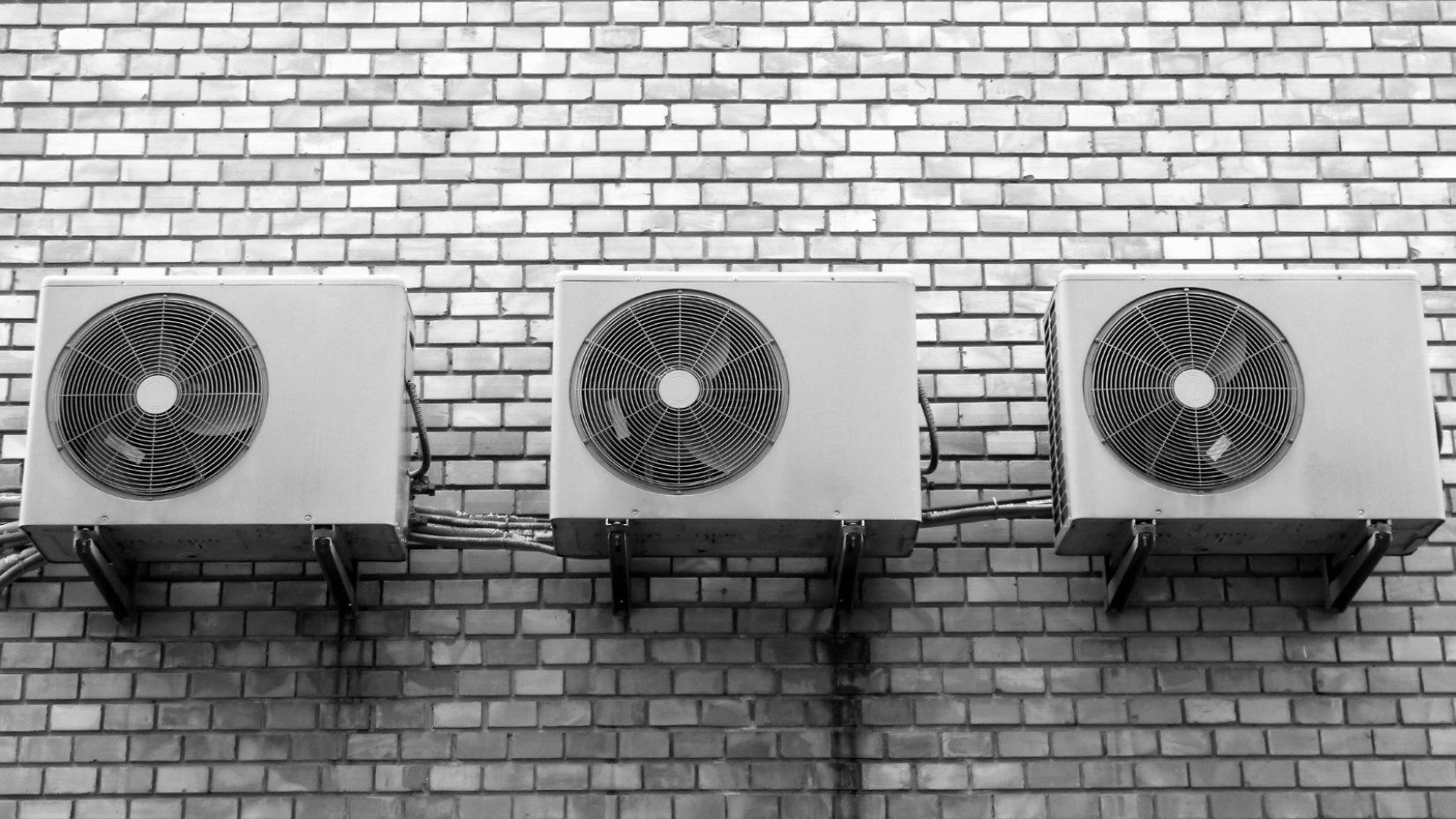COP30 Presidency and UNEP send letter to countries worldwide inviting them to join the Global Mutirão Against Extreme Heat
The initiative, launched as part of the strategic preparations for the climate conference in Belém, aims to coordinate an urgent international response to protect vulnerable cities and populations from the deadly impacts of record heat, one of the central themes of the summit

By COP30 Presidency
Ambassador André Corrêa do Lago, the President of COP30, and Ms. Inger Andersen, the Executive Director of the United Nations Environment Programme (UN), sent an official letter inviting all countries to join the Global Mutirão Against Extreme Heat (collective effort against extreme heat) — an unprecedented international mobilization to address the growing impacts of rising temperatures caused by climate change on cities, workers, and vulnerable populations.
The initiative was launched in June 2025 during the Meeting of National Focal Points of the Global Cooling Pledge in Bonn, Germany. It is a strategic part of the preparations for COP30, which will take place in Belém in November. During the conference, the COP30 Presidency will lead a high-level meeting with ministers from various countries to discuss concrete and coordinated solutions for adapting to extreme heat — one of the central themes of this year’s COP.
Cities and workers are on the frontline of climate impact
Extreme heat has become one of the most visible faces of the climate crisis. It is the world’s deadliest climate risk, killing more people annually than any other weather-related event. With increasingly severe impacts on public health, labor, food and nutrition security, urban infrastructure, and even sports, cities must urgently adapt to a new thermal reality.
In many regions, urban systems can no longer withstand record temperatures, and vulnerable groups such as children, the elderly, and low-income communities feel the consequences most acutely. In some cases, neighboring districts with different income levels experience dramatic variations in average temperature — as seen in São Paulo, where Paraisópolis can be up to 8°C hotter than the affluent Morumbi neighborhood nearby.
The Global Mutirão Against Extreme Heat proposes a coordinated response involving national, state, and municipal governments, partner organizations, and funders, focusing on sustainable, low-carbon solutions to cool cities. The initiative unites efforts across government levels to mitigate the impact of extreme heat and safeguard the well-being of 1.2 billion individuals worldwide who experience heat stress and lack access to cooling services.

“The Mutirão aims to transform cities into engines of adaptation and ensure no one is left behind,” said COP30 CEO, Ms. Ana Toni. “Decisive actions on extreme heat and cooling could cut cooling emissions by 60% and protect 3.5 billion people.”
Sustainable cooling as a COP30 priority
The Global Mutirão Against Extreme Heat is one of the COP30 Presidency's flagship initiatives, developed in partnership with UNEP Cool Coalition. It serves as an acceleration platform for the Global Cooling Pledge, which was launched at COP28 and already has 72 signatory countries and more than 80 non-state supporters.
“The COP30 Global Mutirão Against Extreme Heat co-led with the UNEP Cool Coalition is a collective effort to translate global and national commitments on cooling and extreme heat into local action. This is how we build resilience where people feel the heat most intensely — in homes, schools, workplaces, and on the streets. By uniting governments and partners, we can close the gaps in financing, policy, and implementation and transition to sustainable cooling solutions," said Martin Krause, director of the Climate Change Division at UNEP.
The Mutirão Against Extreme Heat includes the following commitments:
1. Assessing urban heat vulnerability and integrating solutions into climate plans;
2. Implementing passive and nature-based cooling projects;
3. Adopting energy-efficient cooling technologies in public buildings;
All countries are invited to participate, regardless of whether they have signed the Global Cooling Pledge. National governments are invited to designate at least one city to participate. Cities and technical partners may also apply directly.
Climate adaptation is a central pillar of COP30
The climate adaptation agenda is one of the pillars of COP30. As extreme events intensify, protecting lives, ensuring resilient infrastructure, and supporting the most vulnerable have become urgent priorities.
One of the most promising approaches is investing in nature-based solutions. “By bringing nature back into our cities, we not only meet the urgent needs of climate mitigation and adaptation needs, support biodiversity and make our cities more livable for everyone,” said Mr. Adalberto Maluf, Brazil’s National Secretary for Urban Environment, Water Resources, and Environmental Quality, and Co-Chair of the Global Cooling Pledge.
The global mobilization seeks to address heat through sustainable solutions and reaffirm the need for collective, coordinated climate action at all levels, from local to international.
Who can participate?
Countries can participate by designating cities and focal points for the initiative and supporting their local implementation.
Cities can register to gain access to a network of partners that support practical, low-impact solutions for cooling public spaces across their territories.
Partner organizations, such as technology providers, city networks, foundations, universities, and bilateral donors, can help accelerate municipal-level implementation.
Interested parties should complete the following form.
Reasons to get involved:
- Protect lives.
- Access technical and financial support for local solutions.
- Join a global network of governments, experts, and partners.
- Demonstrate leadership on a key global issue.
English version: Trad. Bárbara Menezes.
Proofreading by Enrique Villami.
